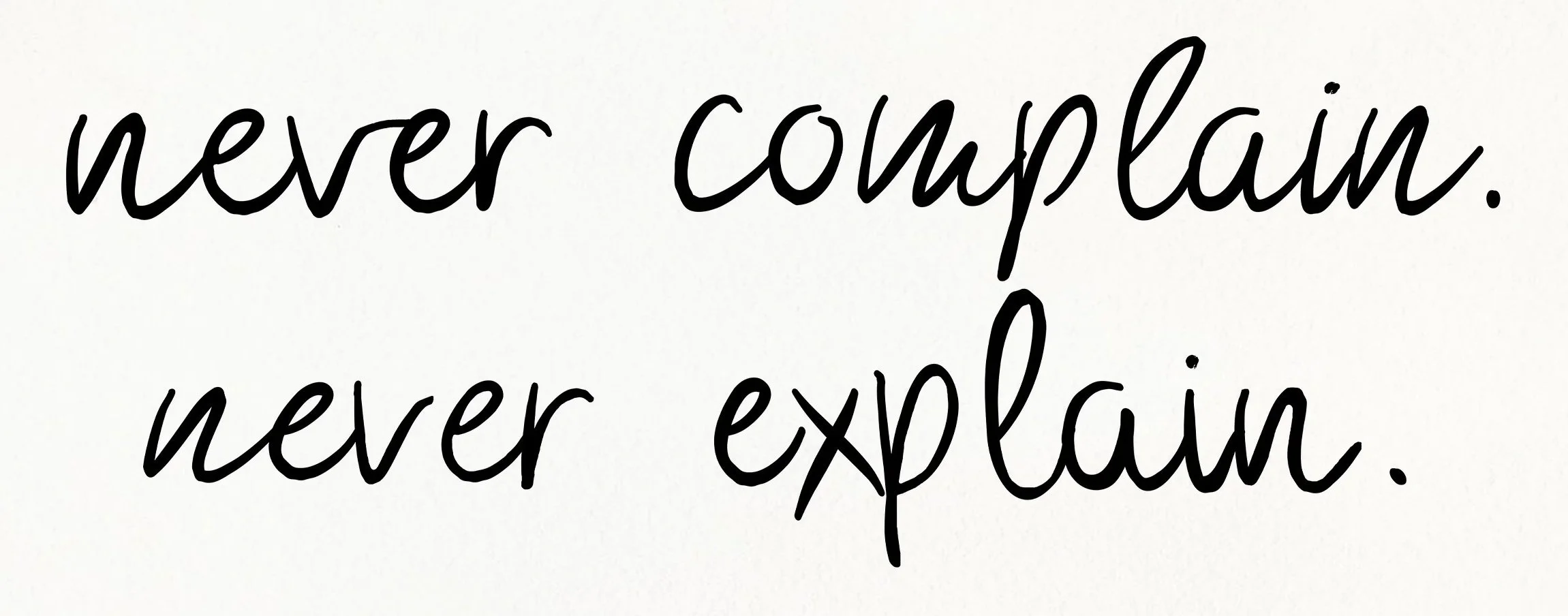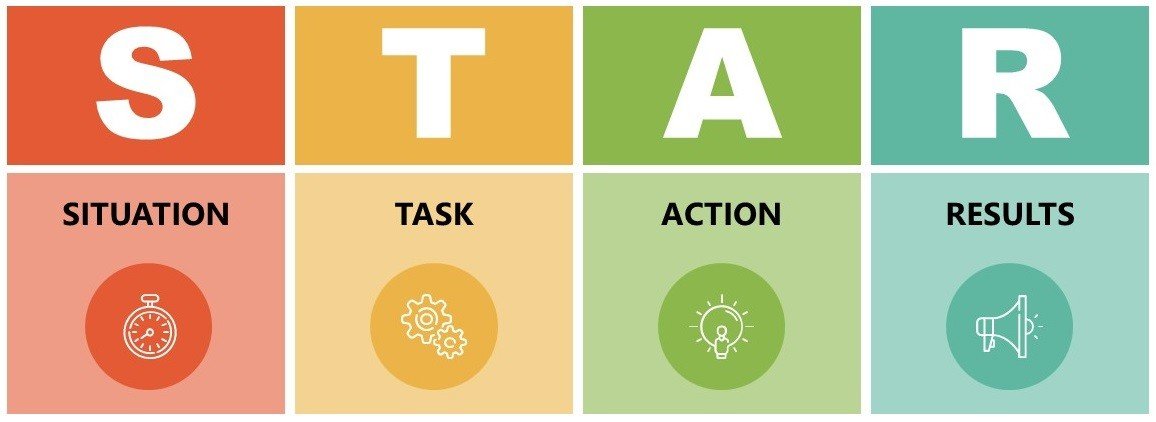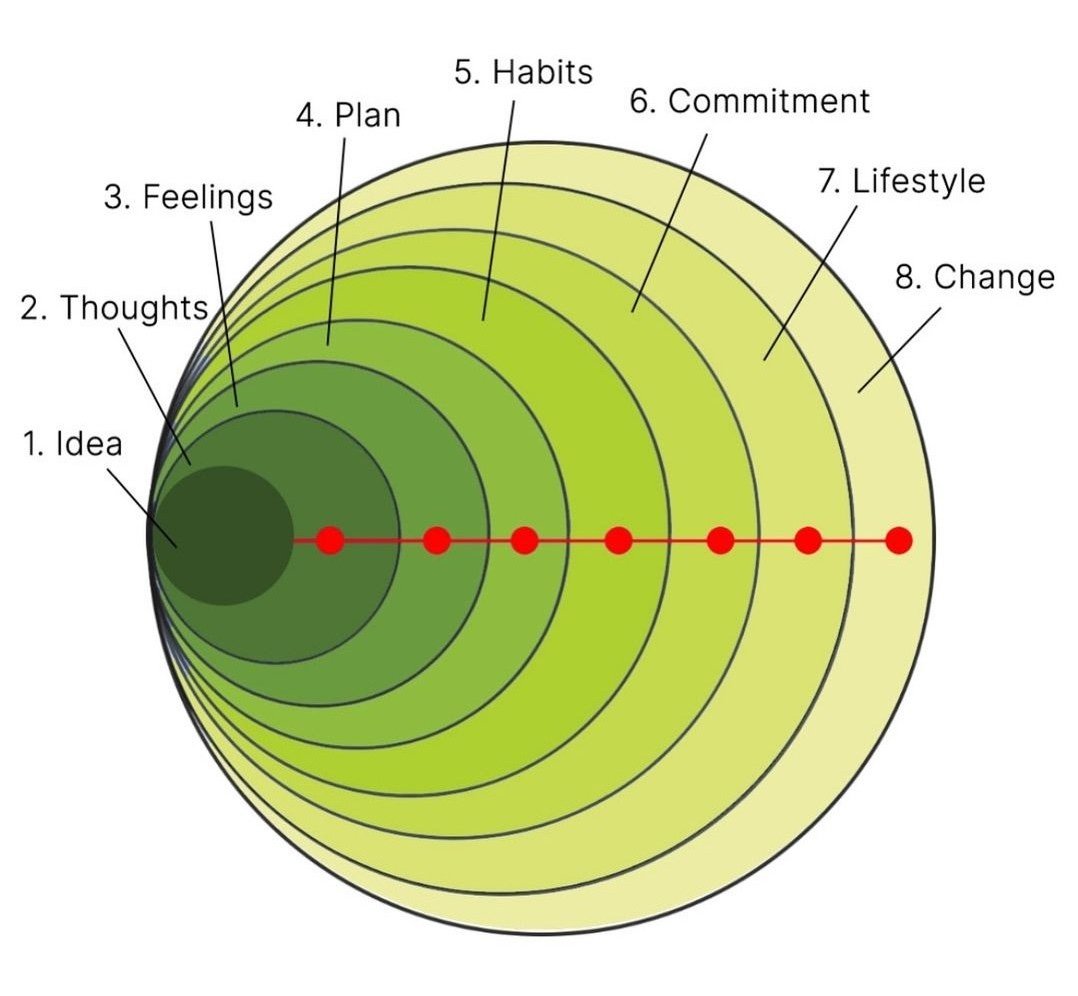One of my life philosophies is to avoid complaining, which means I never have to explain! Complaining often makes others think that you’re either unwilling to take responsibility for your circumstances or that you lack the competence to handle them. When you complain frequently, you may develop a negative mindset where everything feels like a potential problem, even when there’s nothing wrong. Complaining doesn't improve the situation; it doesn’t help you grow. Instead of complaining, focus on working harder and letting your actions speak for themselves.
Disclaimer: This is not truly how I feel. While the above reflects a certain mindset, I believe in the value of expressing emotions and seeking help when needed.
““Complaining is not a strategy. You have to work hard with the world as you find it, not as you would have it be.””





















